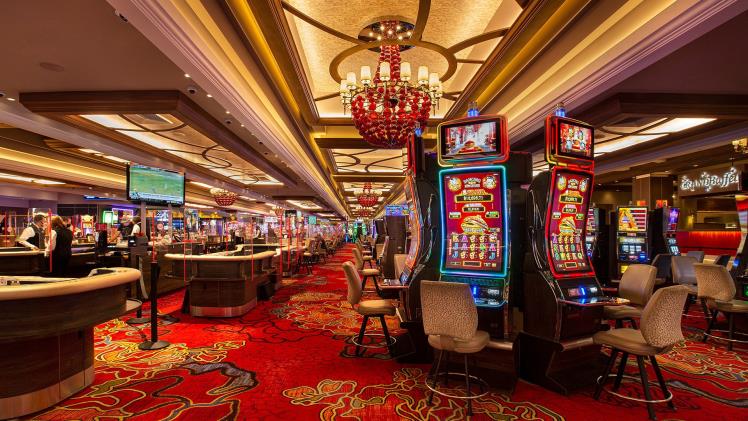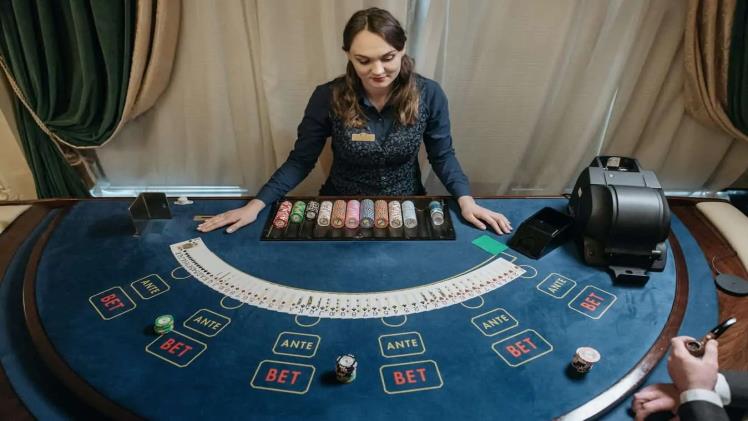Casino games have captivated players around the world for generations. Whether it’s spinning the reels of a slot machine, testing your luck at roulette, or using strategy in poker or blackjack, there’s something undeniably exciting about đăng ký 78win gaming. But what is it that keeps us coming back? The answer lies not just in the games themselves, but in the psychology behind how they’re designed and how our brains respond to them.
The Thrill of Uncertainty
One of the biggest draws of casino games is the element of chance. Human brains are wired to enjoy unpredictability. When we take a risk and win, even if it’s a small reward, our brains release dopamine, a chemical linked to pleasure and reward. This reaction makes us feel good and encourages us to play 78win.
This is particularly true for games like slot machines, where every spin offers a new opportunity for a surprise win. Even the near-misses (like getting two jackpot symbols but not the third) trigger a sense of anticipation that keeps players engaged.
Variable Rewards: The Power of Not Knowing
Casino games often use what’s called a variable ratio reinforcement schedule—a system where rewards are given at unpredictable intervals. This is the same psychological mechanism that makes social media and video games so addictive.
In gambling, this can be seen in how wins are spaced out: sometimes you might win after a few tries, other times it takes many. This randomness keeps players hooked because the next big win could be “just around the corner.”
The Illusion of Control
Games like blackjack, poker, or even craps give players a sense of influence over the outcome. This is known as the illusion of control. While chance still plays a major role, players feel empowered by making decisions—whether it’s choosing to hit or stand in blackjack, or bluffing in poker.
This sense of participation makes players feel more engaged and invested, as opposed to games that are purely random, like slot machines or roulette.
Near Misses and Chasing Wins
Near misses are outcomes that are close to a win but fall just short. Psychologically, they can be more motivating than actual losses. Slot machines, for example, are designed to show near-win combinations more often, giving the player the impression that they were “almost there.”
This can encourage what’s known as “chasing losses”, where players continue to gamble in an effort to recover money they’ve lost—believing that a win must be close.
Social and Emotional Factors
Casinos also tap into social and emotional triggers. The lights, sounds, and celebratory music when someone wins all create an atmosphere of excitement. Many players also enjoy the social aspect—interacting with dealers, chatting with other players, or feeling part of a community in live dealer games.
Additionally, playing casino games can serve as a form of escapism, providing relief from stress, boredom, or emotional struggles. For some, the casino is not just about money—it’s about the experience and temporary escape from daily life.







